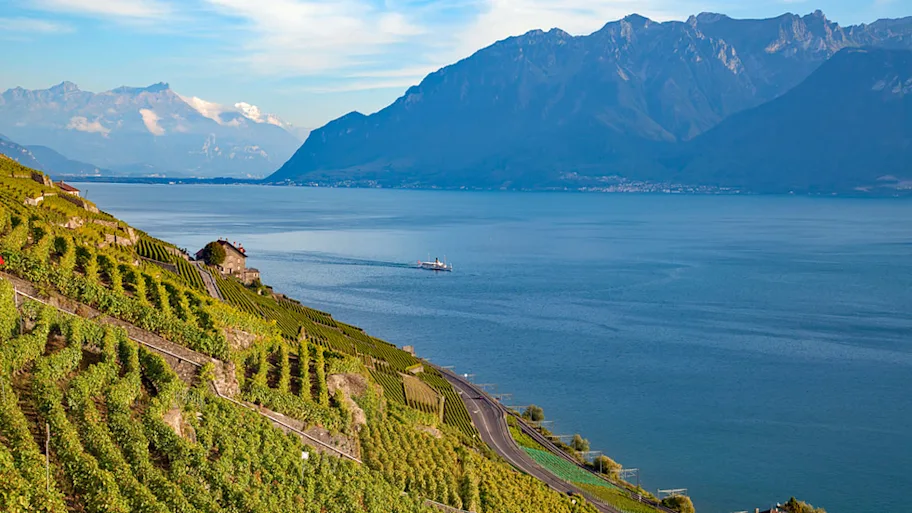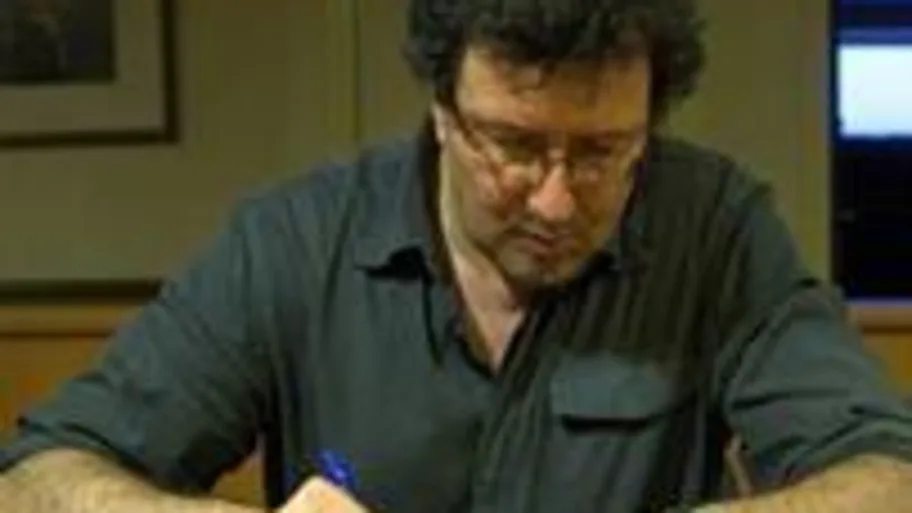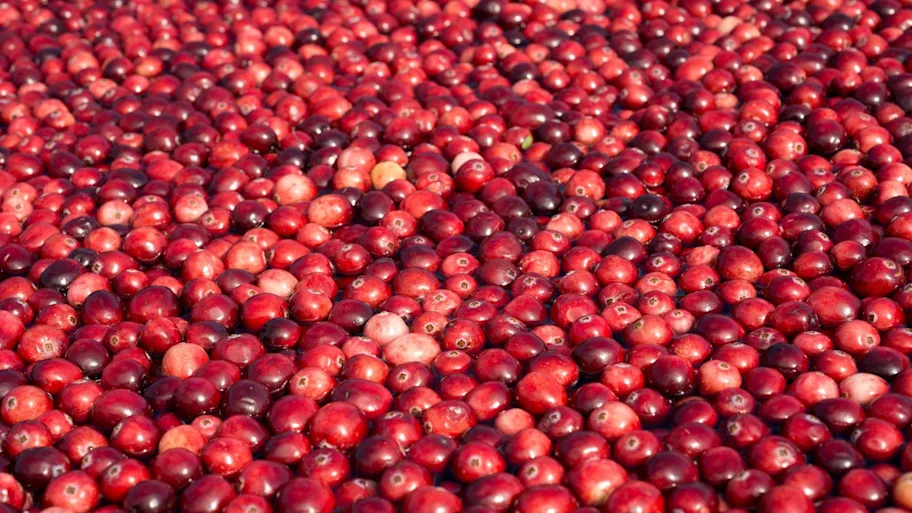
- Science news
- Frontiers news
- Frontiers in Plant Science dives deep into marine and freshwater
Frontiers in Plant Science dives deep into marine and freshwater

As humans, we are born with an insatiable curiosity for the natural world. But our attention has switched from appreciating it to using it for our own gain. Ignoring the impact of our activities brings us to the current environmental crisis we are facing today. Only a collective effort to fill the gap in our knowledge will push forward the scientific breakthroughs that we desperately need.
[Marine and Freshwater Plants](https://www.frontiersin.org/journals/plant-science/sections/marine-and-freshwater-plants?utm_source=fweb&utm_medium=nblog&utm_campaign=cco -sl-fpls-marine-freshwater-plants) led by Dr. [Eric Maréchal](https://loop.frontiersin.org/people/43248/overview?utm_source=fweb&utm_medium=nblog&utm_campaign=cco -sl-fpls-marine-freshwater-plants) of the Cell and Plant Physiology Laboratory (LPCV) in France, will be the open access platform to bridge communities and host scientific advances on all sorts of photosynthetic organisms living in marine and freshwater habitats.
Discover [Marine and Freshwater Plants](https://www.frontiersin.org/journals/plant-science/sections/marine-and-freshwater-plants?utm_source=fweb&utm_medium=nblog&utm_campaign=cco -sl-fpls-marine-freshwater-plants)
Dr Maréchal explains that the environmental crisis is marked in the aqueous world by strong alterations of temperature, pH, dissolved oxygen content, nutrient availability and arctic ice volume. He says “It’s extremely frustrating that we know so little about the impact of these changes on photosynthetic organisms, which, as primary producers, are critical to the stability of the corresponding ecosystem.”
Algae and plants as markers and actors of the environmental crisis
Dr Maréchal further outlines that plants capture CO2 via photosynthesis, producing the first universal reduced form of carbon at the basis of all life: glucose. “Increased levels of CO2 and excessive supplies of nitrogen or phosphate, derived from ubiquitous pollution, lead to striking proliferations of algae (e.g. Great Atlantic Sargassum Belt, red-snow algae…etc). The sheer scale it occurs on is deleterious for the fragile equilibrium of organisms usually found in these ecosystems. Algae and plants are therefore both markers and actors of the environmental crisis.”
New frontiers in marine and freshwater plant research
Despite the enormous challenge of overcoming the environmental crisis, Dr Maréchal believes there are many opportunities for finding answers to key questions. “This unique capacity to capture CO2 and provide high levels of biomass, could help develop innovative and renewable algae-based solutions for a large range of applications, such as agriculture, biomedicine and biofuels. We are expecting a lot from this kind of research, and because science advances often with a slow pace, it’s important for us to maintain our efforts,” he says.
[Marine and Freshwater Plants](https://www.frontiersin.org/journals/plant-science/sections/marine-and-freshwater-plants?utm_source=fweb&utm_medium=nblog&utm_campaign=cco -sl-fpls-marine-freshwater-plants) is the new specialty section to complete the portfolio of [Frontiers in Plant Science](https://www.frontiersin.org/journals/plant-science?utm_source=fweb&utm_medium=nblog&utm_campaign=cco -sl-fpls-marine-freshwater-plants), the most-cited journal in its field with a 4.106 Impact Factor and 4.47 CiteScore. It is dedicated to publishing significant findings and major advances on the evolution, cell biology, physiology, ecology, genetics, and biotechnological applications of photosynthetic organisms living in aquatic habitats.
Frontiers journals also consistently rank among the world’s most-cited in their fields and in the top Impact Factor and CiteScore percentiles. [Discover more](https://www.frontiersin.org/about/impact?utm_source=fweb&utm_medium=nblog&utm_campaign=cco -sl-fpls-marine-freshwater-plants)






